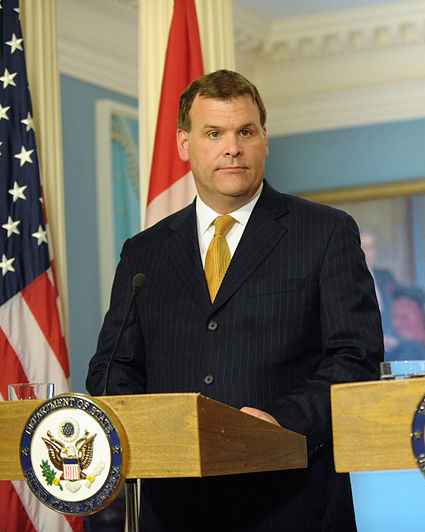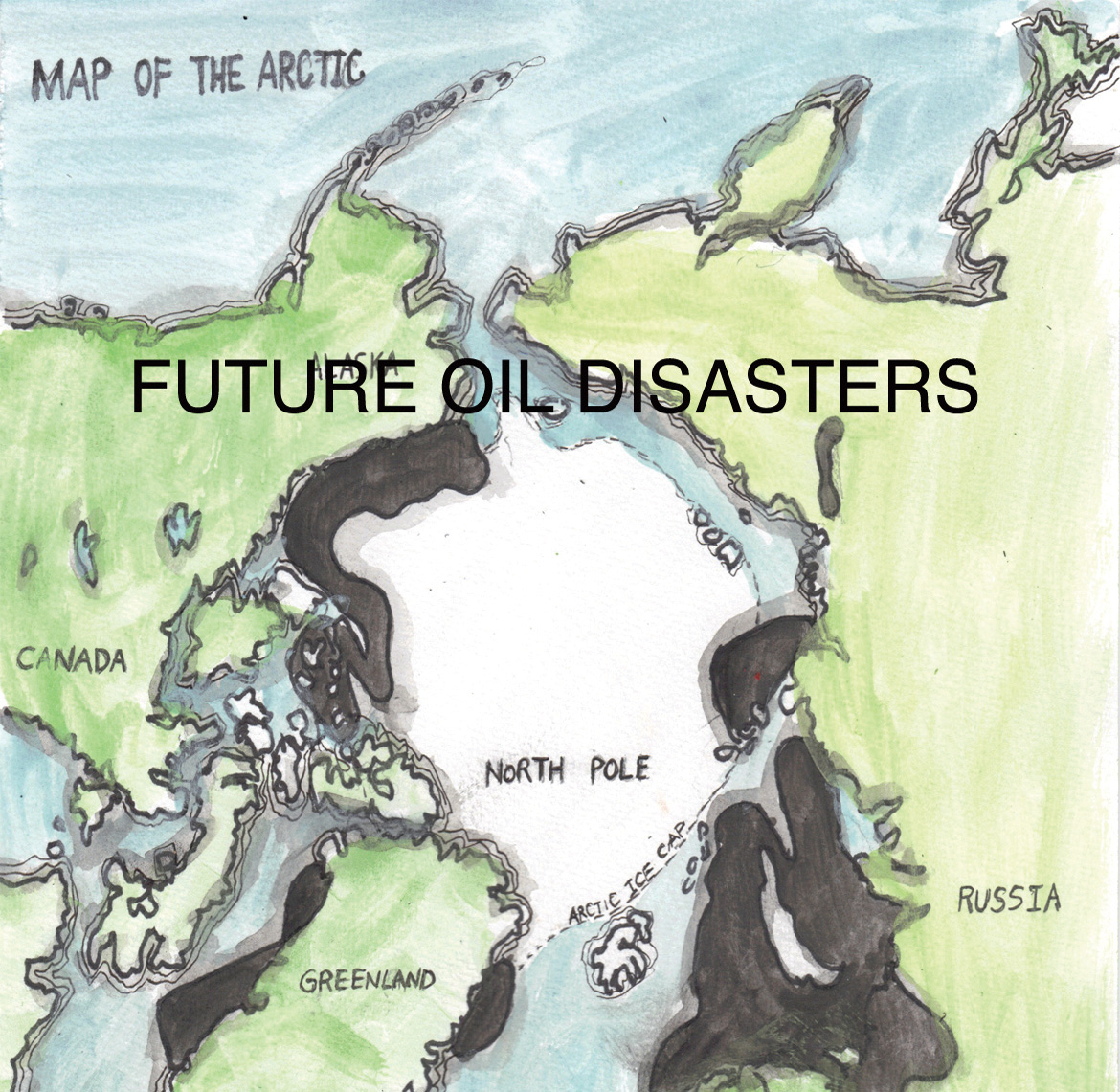Iran and the five permanent members of the security council, the P5+1 (China, France, Russia, the U.K., the U.S., and Germany) reached an agreement on Nov. 24 which will provide limited relief of sanctions in exchange for slowing or stopping aspects of the Iranian nuclear program.
“[The significance of the deal] remains to be seen [ . . . ] it depends on the implementation of the agreement – for example, the kind of access that the inspectors are allowed to have from the Iranians, and if further talks can ultimately resolve this problem,” said James Fergusson, director of the Centre for Defence and Security Studies and professor of political studies at the University of Manitoba.
Fergusson presented a variety of explanations as to why the Iranians have come to the table, but was skeptical of the possibility that the deal represented a genuine shift within Iran itself. He also voiced concern that the new moderate president, Hassan Rouhani, may not actually signal a significant change on foreign policy.
“It may be possible that what we’re seeing is just a short-term response to an immediate [economic] crisis within Iran, and it’s just putting the nuclear question on pause for now. It depends on how you see the clerics and how you see the new president,” said Fergusson.
U of M political studies professor George A. MacLean views the deal as significant in itself, even if it does fall apart moving forward.
“There’s quite a bit of significance here. First off, there’s actually a deal. It’s a temporary one, but it’s a huge step. The fact that they’re at the table is itself a major change in the relationship between Iran and the US,” said MacLean.
MacLean is relatively optimistic, viewing the deal as a genuine rapprochement between Iran and the West.
“We should be cautiously optimistic about this. I don’t think Iran will want to backtrack into intransigence again. [They] seem to increasingly be playing to their domestic audience, which has shown a lot of support for this deal.”
MacLean noted that even in Israel, where the hardline government of Benjamin Netanyahu has called the agreement “a bad deal,” the population has been in favour of the diplomacy between Iran and the P5+1.
“Generally, Israelis are supportive of this,” said MacLean.
“Even the stock market surged and there were lots of statements coming out of the national press in Israel saying this is a good deal. Netanyahu saying it’s a bad deal seems to be at odds with sentiments of Israeli society generally.”
Fergusson pointed to the vast differences that remain between Iran and the United States, arguing that aside from their willingness to engage on the nuclear issue, he sees little to suggest a significant shift in Iran’s overall foreign policy.
“Until I see some more long-term evidence of bigger shifts in Iranian foreign policy, I remain skeptical of it. For example, there’s no indication that the Iranians are going to alter their support for Hezbollah and Hamas, and those are key elements.”
MacLean and Fergusson agree that the U.S. is engaging Iran partly because of the need to solve the Syrian crisis.
“Iran is going to have to play a role in the resolution of the Syrian crisis, and this could create a space for progress to be had in ending or at least ameliorating some of it,” said MacLean.
MacLean also points out that Barack Obama may pursue the normalization of relations with the Islamic Republic of Iran as the lasting foreign policy legacy achieved under his administration.
“Obama has had few foreign policy successes, and this deal is probably being celebrated in Washington. I suspect that they will want to continue this momentum and have it carry over into a permanent solution.”
On the Iranian side, Fergusson points to the role of international sanctions in weakening the Iranian economy, thereby forcing Tehran to engage with the outside world.
“The regime faces a potentially dangerous internal situation and there is a need to relax these sanctions, to open up the Iranian economy again,” he said.
The deal between the P5+1 and Iran is set to last six months. That period will act as a negotiating window during which the two sides will attempt to work out a permanent agreement.



